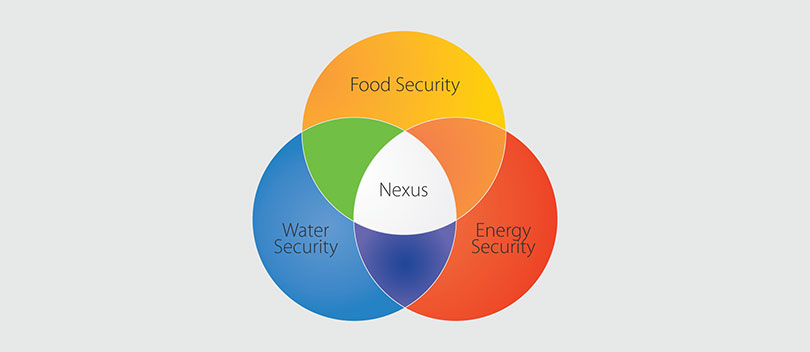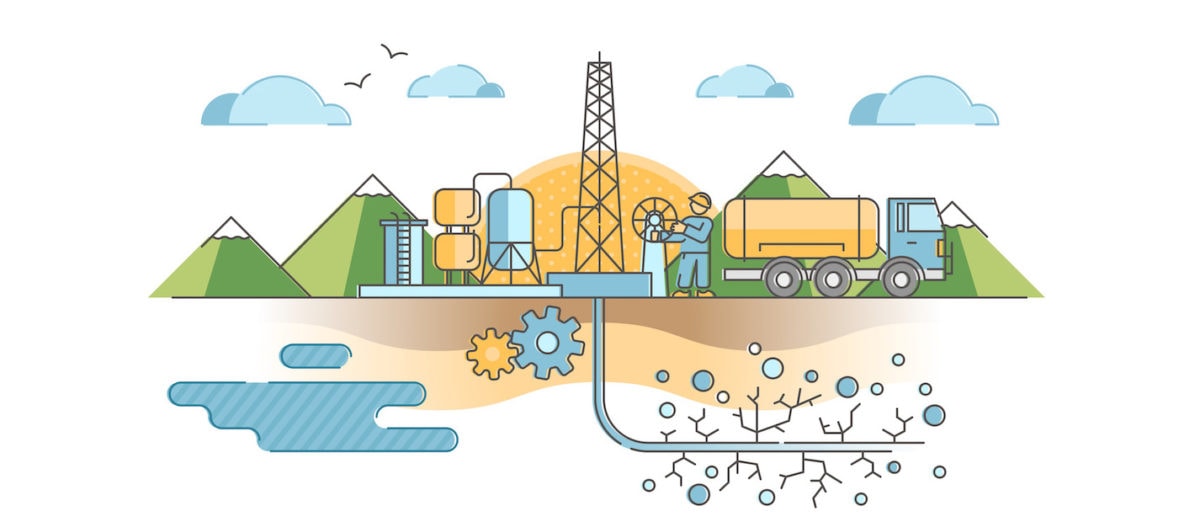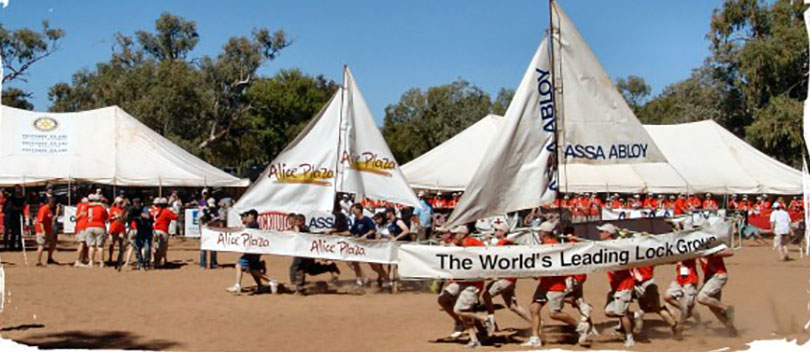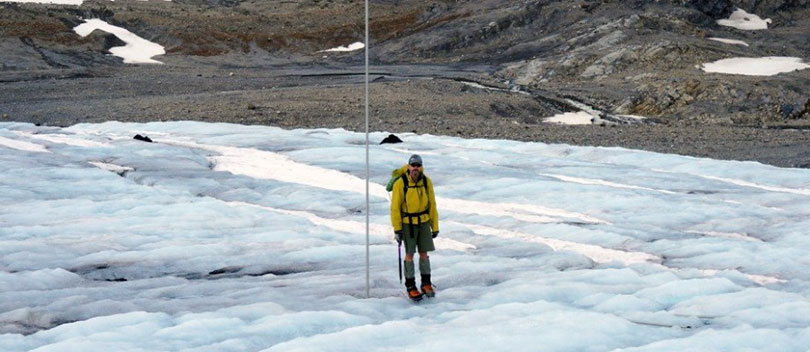
The Weaponization of Water Data
Every change in the expected pattern of variability of water supply and quality poses a threat to the security of the water, food, and energy that we are dependent on for quality of life.
Up until the very recent past, conversations about the role of water data tended to be about development of, and management of, our water resources in a way that served environmental sustainability. Water data give us the means to identify the right balance between human and in-stream requirements and the evidence to ensure that such balance is respected.
An ugly truth is unfolding before our eyes. It is that climate change is emerging as an imminent threat to our comfortable existence. It has not escaped the notice of people at the highest levels of power that unprecedented extreme water events kill far more people that ISIS and Al Qaeda together. A single extreme water event destroys more property than all of the IEDs and suicide bombers can. A single drought can cost as much as the deployment of aircraft carriers and long range bombers to do battle in a war zone. This threat is playing out not only in foreign lands but is very much an invasion of homeland security.
This elevation of water issues to the highest levels of policy and governance is changing the language used for water.
Water resource practitioners, more accustomed to soft concepts like sustainability, are being asked to adopt a more militarized vocabulary.
The aha! moment for me was when I realized that the term 'Environmental Intelligence' is not being adopted in the sense I imagined (i.e. as a soft concept like emotional or social intelligence) but in the context of military intelligence. Environmental agencies are being asked to play a role in the fight for homeland security equivalent to what the Central Intelligence Agency is to the fight against terrorism.
Water data are ammunition in this battle for homeland security. Campaigns will be fought using this ammunition to build fortifications against these incursions on our security. This ammunition will be used in the heat of battle to protect lives and property. This ammunition will provide the strength to be able to negotiate a future in which we are at peace with our environment.
I understand, but am deeply saddened, by this change in the role of water data.
Many of us have lamented that wouldn't it be great if the tremendous observational capabilities developed for the cold war, where analyst in Washington can read a license plate in Moscow, could be harnessed for water monitoring. Well, with the strategic importance of water now clear, that time has come. The future of water monitoring is 'Big Data.'
One thing that I don’t think the strategic analysts get, yet, is how complex water data – and its interpretation – are. For the foreseeable future there will be a need for boots on the ground. Water monitoring cannot solely be a campaign using high elevation drones, satellite spying technology, and data mining. Luckily, we don't need body armor to do the necessary work but we do need a lot of bodies. I just hope the strategic planners are factoring that into the projected cost of the campaign ahead.


